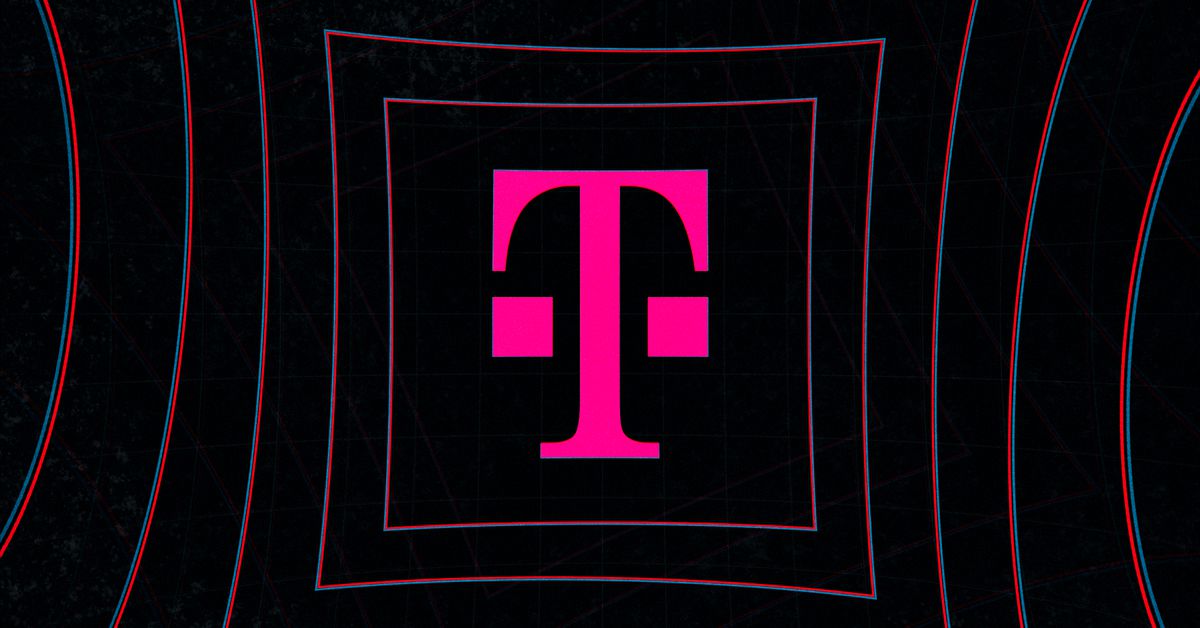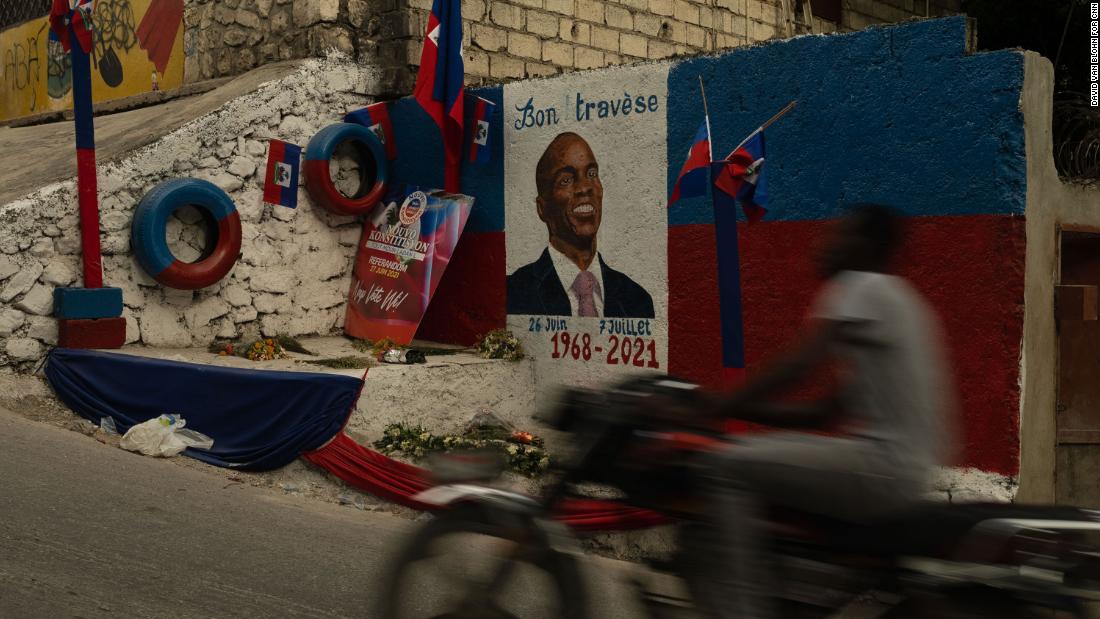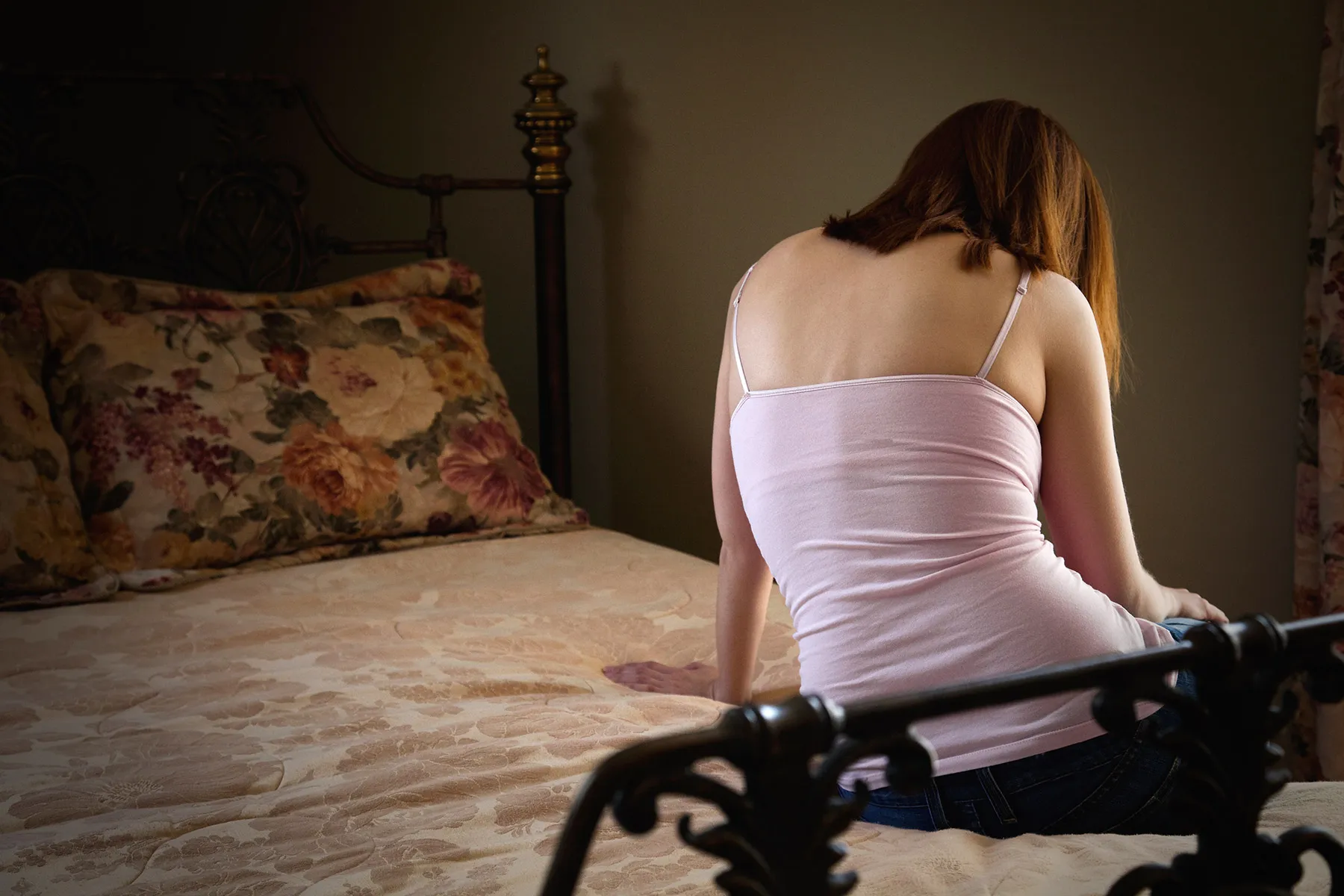Distrust of Justice System Chills Black Americans’ Perception of ‘Red Flag’ Laws
A California survey has found Black Americans are less likely than other ethnic groups to use laws that allow authorities to remove firearms from individuals who are a danger to themselves or others. Many said they did not “trust the system to be fair.”


Illustration courtesy UC Davis.
A California study has found that Black Americans are less likely than whites and other ethnic groups to utilize “Red Flag” laws that allow authorities to temporarily remove firearms from individuals who are a danger to themselves or others.
Distrust of police and the justice system is a key reason for the resistance, according to researchers from the Violence Prevention Research Program, at the University of California.
“Red Flag” seizures, officially known as Extreme Risk Protection Orders (ERPOS), have been a major anti-gun violence tool for law enforcement for more than two decades—Connecticut was the first state to enact one in 1999. They have been shown to significantly reduce gun suicides as well as fatalities from spousal abuse—and they are now widely accepted across all segments of American society.
As of 2021, some 19 states have passed them.
Under the gun safety bill signed by President Joe Biden in June, federal grants are available to states which enact and enforce red flag laws.
But while most of the respondents to a 2020 survey of Californians in all racial and ethnic groups were open to using Red Flag laws, “Black participants were most likely to resist using them for family members or to ask police for help in applying the seizure orders,” the researchers reported in the study, published in Preventive Medicine.
The 2,870 Californians in the survey sample were given a set of five “risk scenarios” under which relatives can petition for a state order to seize a firearm, including a family member with dementia, a family member having a mental health crisis, and a family member threatening harm to themselves or others.
More than 23 percent of the Black respondents in the survey said they were not willing to ask a judge for a protection order in all five risk scenarios.
Just 53 percent of Black participants said seizure orders were “at least sometimes appropriate…depending on the scenario,” compared to 79 percent of white participants.
Black respondents to the California survey “were also substantially less likely to say they preferred to have the police petition for an ERPO on their behalf,” the study found.
Researchers said Hispanic/Latinx respondents also demonstrated resistance but not at the same level as Blacks.
The reasons given for their resistance were lack of awareness of the ERPO process, followed closely by “not trusting the system to be fair.”
Under California’s Red Flag law, which came intro effect in 2016, law enforcement officers can petition a judge for an emergency Gun Violence Restraining Order (GVRO). Relatives, household members, and—as of September 2020—coworkers and school personnel can also petition for a temporary GVRO.
But on a parallel note, the study noted that police petitions for ERPOs are more likely to be applied against Black individuals than whites, according to national data, underlining the respondents’ beliefs that the Red Flag system is used disproportionately against people of color.
“These findings…reinforce concerns that ERPOs can exacerbate inequities by disproportionately enmeshing minoritized people in the criminal legal system,” the study said.
More broadly, the survey found that a significant percentage of Black respondents were unaware of the petition process or how they might use it.
Researchers said the gap in knowledge about Red Flag laws could be addressed by “engaging public health professionals, community-based organizations, and other frontline providers in educational and evaluation efforts” in a way that empowers community members.
But suspicions about racial bias in implementing the laws needs to be addressed by “institutional and structural reforms,” the researchers said.
“Ensuring that ERPOs do not reproduce racial-ethnic inequities in structurally rooted risk factors for violence and trauma will be critical to their effectiveness within a broader community safety ecosystem,” Nicole Kravitz-Wirtz, senior author of the study and an assistant professor with the Violence Prevention Research Program, said in a statement accompanying release of the survey last week.
Recommendations for policymakers include:
-
- Incorporating non-law enforcement professionals in the process of ERPO service and firearm recovery;
- Offering legal assistance and court advocates to respondents and petitioners; and
- Investing in supportive systems to address underlying risks for violence.
Black and Hispanic/Latinx Californians’ hesitation to use Red Flag laws may be linked in part to experiences of inequity and racism, researchers added.
They cited recent national survey data indicating that 55 percent of Black people and 40 percent of Hispanic people agree that “calling the police or 911 in uncertain situations often does more harm than good,” versus only 25 percent among whites and people of Asian heritage.
Download the complete study here.

 Landwebs
Landwebs 




















